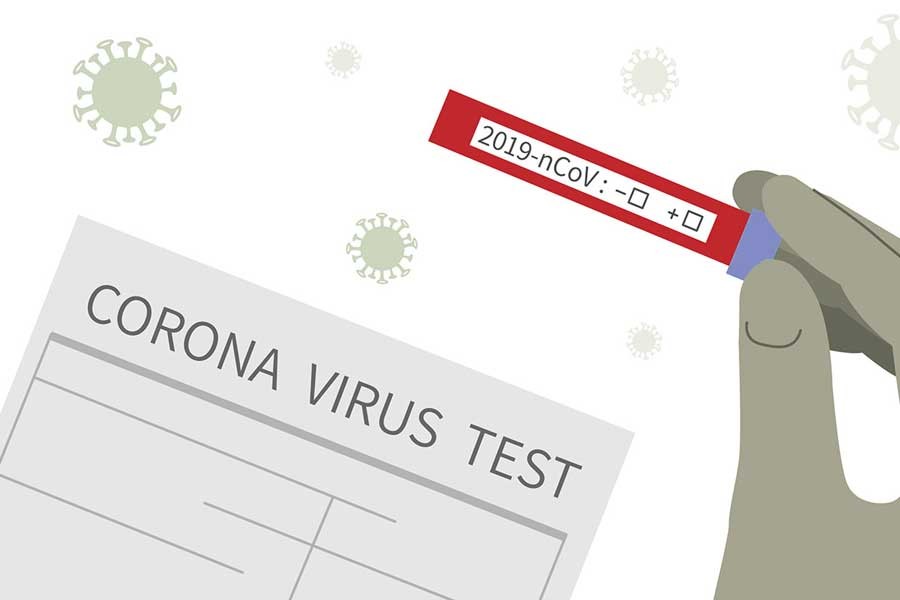The innovation of low-cost corona detection kits by a team of scientists of Gonoshasthya Kendra is heartening enough to bolster the morale of all conscious citizens across the country. At a time when the virus is sweeping all across the globe with rising death tolls, combating it by a country like Bangladesh calls for huge preparedness besides putting in place logistics and facilities that too is no less a daunting task. To start with, the critical need that posed to be highly challenging was to test thousands of people, mostly returnees from corona-struck locations like China, Italy, Spain, Singapore etc. A limited number of detection kits available with only one state-run agency, the Institute of Epidemiology, Disease Control and Research (IEDCR) -- the focal point to contain corona pandemic -- and the high cost involved in the testing process seemed to make things even worse. Although the World Health Organisation (WHO) and China have promised to send a good number of testing kits, the need for these kits being huge and not readily estimable, there has to be abundant supply - that too at an affordable price. Gonoshasthays Kendra's job in this regard is no doubt highly rewarding.
A technical team led by Prof Dr Bijon Kumar Sil, Head of the Department of Microbiology at the Gono Bishwabidyalay and his four associates of Gonoshasthaya-RNA Biotech Limited developed the test kits. The good thing is that the government responded quickly to give approval for manufacturing these low-cost kits, and it has been learnt that order for shipping the required regents, chemicals, tools and accessories has been placed with the UK supplier within hours of the government's nod. Dr. Zafarullah Chowdhury, founder of Gonoshasthays Kendra, informed the media that it would take a week or so to make the kits available after arrival of shipment by the weekend.
Gonoshasthaya Kendra will produce 100,000 kits in the first phase with each kit costing Tk 200-Tk 250 as against the current cost of several thousands of taka. However, the kits will only be supplied to the government which many consider a wise decision as this will enable the government to decentralise the testing mechanism among hospitals and medical clinics across the country.
With the kits hopefully being made available to meet a soaring demand in the coming weeks, only a part of the crisis will be addressed. There is a lot more the government will have to do urgently. So far, despite government assurances and routine updates on things being done and to be done, there are many missing points that await linking. The state of things, in so far as quarantining the virus-suspects - at home or in isolation wards in hospitals, and treatment of those who test positive are in a shambles. The issue of home quarantine, often regarded as infringement on the privacy of individuals, needs to be adequately explained to them along with protocols to be followed. The issue of lockdown, even in infected locations, may not be so simple as some people tend to view it. Lockdown must take note of the livelihood of the people.


